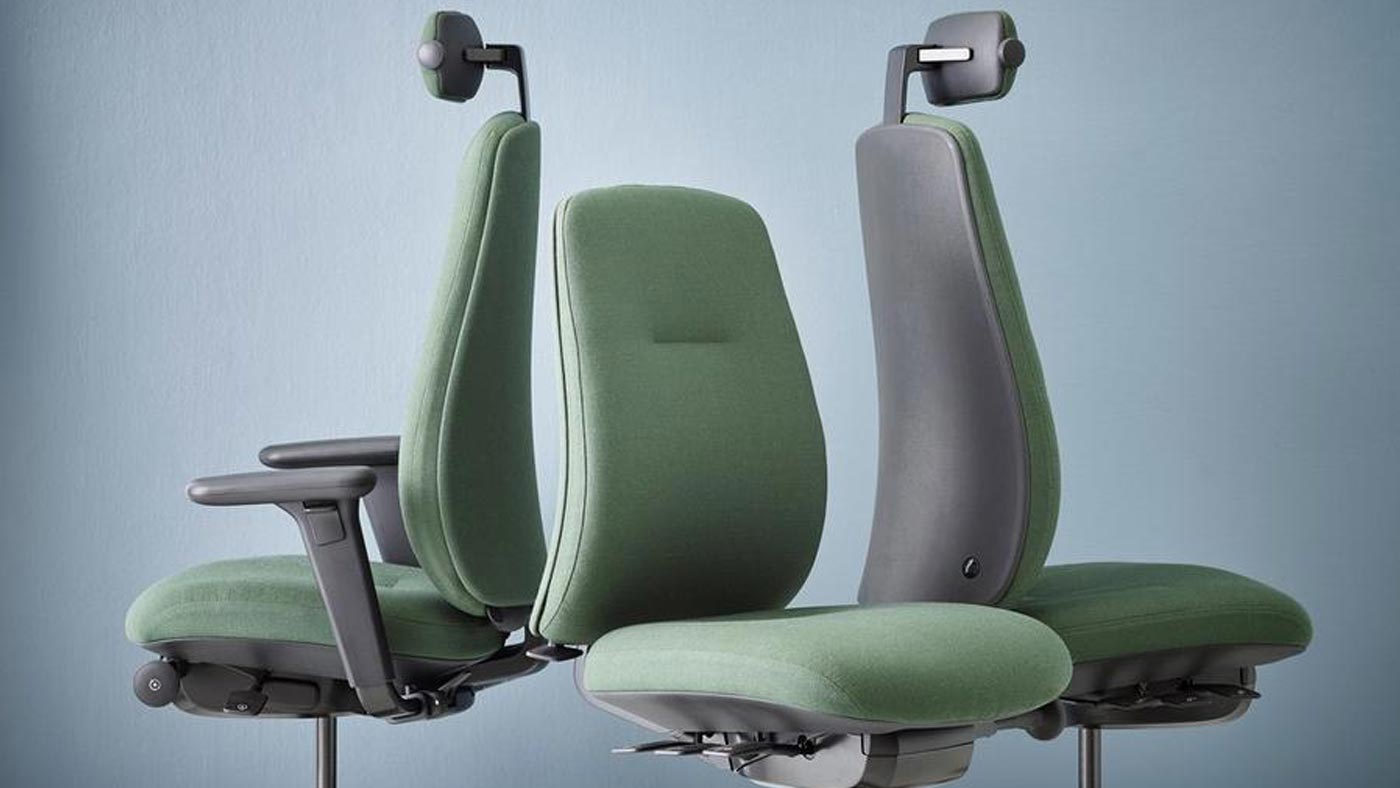
The Circular Economy: Revolutionising UK Economic Growth
We often talk about the "circular economy" when it comes to office furniture, but I am well aware that not everyone is as well versed! I wanted to write a quick blog on how the circular economy works and how you can play a role.
The Circular Economy is an environmentally friendly business model that can completely revolutionise the economic growth of the United Kingdom. If you're unsure how the circular economy works, don't worry, because we got you!
In this post, we'll explore how this innovative economic model could boost the UK's GDP and help tackle environmental challenges. We'll dive into the concept of reducing waste, reusing resources, and recycling materials to create a more sustainable and efficient economy.
So, whether you're an eco-conscious individual or simply curious about new economic approaches, buckle in. You're about to learn how the circular economy can bring positive change to the UK and beyond.
Introduction to Circular Economy:
The concept of a circular economy revolves around creating an economic system that is sustainable and regenerative. It has a clear objective: to eliminate waste and pollution in an ethical manner, thus safeguarding natural resources.
In this system, the act of recycling takes center stage. Ensuring materials are given a new life rather than being discarded as waste is crucial. A good example of this would be in the area of ethical office clearances. Where furniture that might otherwise end up in landfills is repurposed, reused, or recycled.
By emphasising the importance of recycling, we can significantly reduce the negative impact our current linear economy has on our environment. The circular economy aims to create a more harmonious relationship between human activities and nature. Thus promoting the idea of reusing and repurposing resources rather than depleting them. Through this approach, we can strive to achieve a more sustainable future while simultaneously fostering economic growth.
The concept of a circular economy offers a promising solution to the growing issue of resource depletion and waste generation. By promoting the sustainable use of resources, it aims to avoid the disposal of valuable materials in landfills or through incineration.
Taking a closed-loop approach, the circular economy encourages reuse, repair, refurbishment, and resale. Recycling resources is also key to ensuring they are kept in circulation and utilised to their fullest potential.
This shift towards a circular economy reduces the strain on our environment. It also presents significant economic opportunities and benefits for businesses and society as a whole.
By embracing recycling and adopting practices that prioritize resource efficiency, we can work towards creating a more sustainable future. One where waste becomes a thing of the past and long term environmental sustainability is the norm.
Potential Benefits to UK Economic Growth
The potential economic growth for the UK, post-Brexit, with sustainable business practices is immense. We have a great opportunity to invest in our infrastructure and education. This could result in the UK becoming a highly competitive global economy. An economy where we take the lead on carbon offsetting and reducing greenhouse gas emissions.
One area where we should focus our investments is carbon reduction. By prioritising sustainable practices and renewable energy sources, we contribute to tackling climate change, creating new job opportunities. Attracting foreign investment is essential to the UK's bottom line.
It is crucial that we embrace this transition towards a low-carbon economy. It not only benefits our environment but also positions us as leaders in the global market.
To achieve sustainable practices and maximize economic growth, it is crucial for the UK to focus on various strategies. One way to accomplish this is by attracting a significant increase in direct foreign investment. This would not only inject capital into the economy but also foster knowledge transfer and boost innovation.
Additionally, by prioritising greater exports, the UK can enhance its global competitiveness and expand its market reach. Furthermore, stimulating increased consumer spending within domestic UK markets would drive economic growth, create jobs, and support local businesses. By implementing these approaches, the UK can lay the foundations for a prosperous future. One that maximises economic potential while promoting sustainable practices.
Conclusion
So, there you have it; the circular economy has the potential to revolutionise the UK's economic growth. And what is incredible is that it can do so while addressing pressing environmental issues. By embracing the principles of reducing waste, reusing resources, and recycling materials, we can build a more sustainable and efficient economy. Whether you resell a single piece of office furniture or recycle the contents of an entire company, it all helps.
This not only drives up the country's GDP but paves the way for a greener future. So, whether you're passionate about protecting the planet or simply intrigued by new economic models, it's time to get excited. Excited about the potential positive impact that the circular economy can bring to the UK and beyond.



